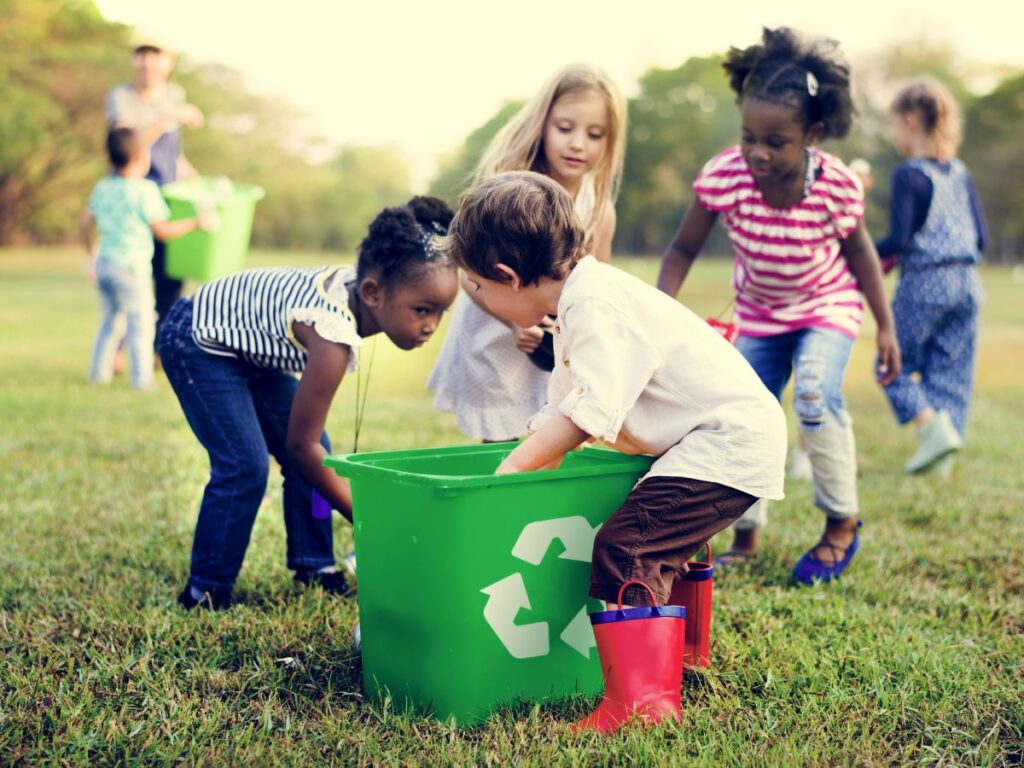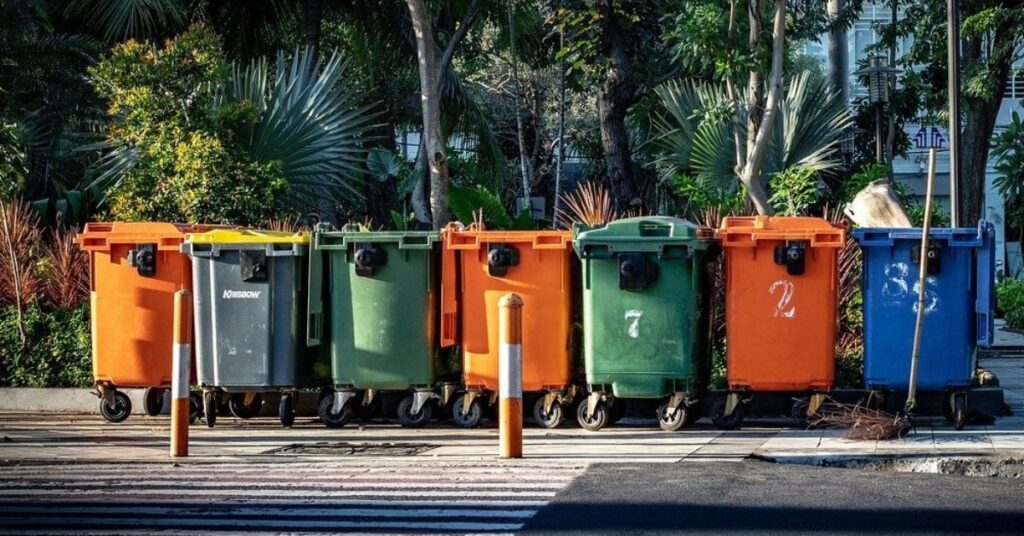How to Educate Your Kids About Waste Management?

Children should begin learning about excellent waste management practices as early as possible, like reduction, reuse, and recycling. You could begin teaching children about environmental conservation as early as preschool or kindergarten. Effective waste management behaviours are easy to share and study. Here are some tips for teaching children how to deal with rubbish. Nonetheless, eliminating rubbish and waste is critical for a proper society as a whole therefore if you have any trash in your society/community, you ought to contact skip hire Didsbury.
What Is Waste Management, And Why Is It Important?
Before we get started with the recommendations, let’s define how to handle waste. Waste management is the procedure of collecting, recycling, and disposing of waste products. It covers everything from conserving and reusing resources to correctly discarding dangerous garbage. Waste management is critical since it protects both the environment and the well-being of humans. Proper trash management decreases pollution and conserves resources. Furthermore, good waste management may help produce jobs and stimulate the economy. Appropriate waste management strategies are critical to preserving our world clean and secure for future generations.

Ways To Teach Your Child Waste Management:
1. Upcycling Via Art
Kids are inherently interested and creative, so introducing them to crafts is an excellent approach to educating them about waste management. First and foremost, maintain a carton in which your kid may store single-use plastic bottles, old tins, paper towel tubes, and cereal boxes. Instead of throwing away these ordinary objects, inspire your kids to be creative and upcycle waste materials. Drill tiny holes in these plastic bottles, fill them with soil, and then plant a seed to create a hanging pot. You may cut up paper towel tubes and cereal boxes to build a periscope or kaleidoscope.
2. Throwing Out Household Waste
Teaching youngsters about garbage management involves demonstrating correct waste disposal methods. For example, when working on a house makeover, you may educate them on how to organise all recyclables into heaps. Children are going to discover which recyclables may be disposed of and what may be repurposed. Because kids learn by example, establishing a regular practice of separating various recyclable objects may teach them how to divide and organise waste.
3. Organising A Cleanup Project
Although teaching children the value of recycling various things is important, participating in a neighbourhood clean-up initiative appears to have a long-term influence. Whenever a community organises a neighbourhood clean-up day, children from the surrounding region learn why littering is unacceptable. Furthermore, kids discover that cleaning up after yourself is not only encouraged but also the proper approach to maintaining a community that appears nice. After organising a local clean-up day, begin by going in small groups around the neighbourhood and collecting rubbish with gloves and picks. This project teaches youngsters the importance of garbage handling in their community.
4. Use Of High-Grade And Alternative Materials
Aside from establishing a positive example of garbage disposal for your child, you may also inform them about good ecological habits by utilising eco-friendly alternatives to throwaway plastics. There are easy adjustments to make. As opposed to using polythene bags, which pollute the water, use cloth bags for shopping. When you’re on the go, instead of purchasing single-use plastic water bottles, bring scientific bottles made of high-quality plastic. Another strategy to reduce your plastic use is to shop at farmers’ markets rather than supermarkets.
5. Organize Neighborhood Clean-Up Drives
Another activity which is sure to reinforce the necessity of trash management while imparting the virtue of action in your kid is organising or taking part in local clean-up campaigns. It is rather simple to arrange one. Visit your local school or group to collect enthusiastic young people over the weekend. Equip them with gloves along with the necessary equipment for picking up rubbish on the streets. Collect rubbish in small groups across your community. Once collected, separate them based on their recyclability and then have them properly processed. This project teaches youngsters to avoid littering and emphasises the necessity of handling waste.
6. Discourage Excessive Consumption
How many advertisements did you see today? Your children, like you, are constantly assaulted by advertisements. It is critical to set an excellent example by showing them the distinction between desires and necessities and to avoid purchasing something they won’t ever use simply because it is on sale. Educating teenagers to purchase carefully helps them avoid fast fashion and throwaway things which end up in landfills. This method also extends to food. To reduce food waste in your household, educate your children to only prepare what they can consume.
Final Words:
Waste for kids is a serious issue that all individuals should be conscious of. Educating our children about recycling, composting, and limiting the amount we consume may significantly minimise the volume of garbage that winds up in landfills. It is never too late to begin teaching youngsters about these issues and how they might make an impact. Who knows, maybe they’ll come up with a few fresh and imaginative methods to cut trash that we grownups haven’t considered yet!







